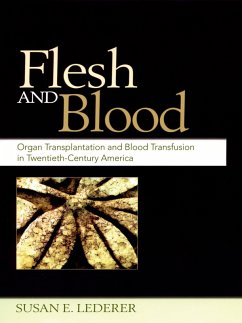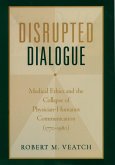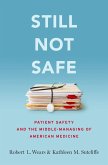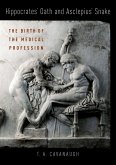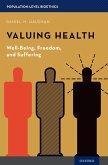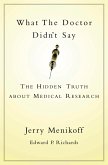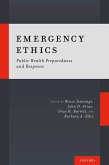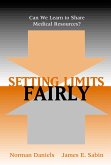Organ transplantation is one of the most dramatic interventions in modern medicine. Since the 1950s thousands of people have lived with 'new' hearts, kidneys, lungs, corneas, and other organs and tissues transplanted into their bodies. From the beginning, though, there was simply a problem: surgeons often encountered shortages of people willing and able to give their organs and tissues. To overcome this problem, they often brokered financial arrangements. Yet an ethic of gift exchange coexisted with the 'commodification of the body'. The same duality characterized the field of blood transfusion, which was essential to the development of modern surgery. This book will be the first to bring together the histories of blood transfusion and organ transplantation. It will show how these two fields redrew the lines between self and non-self, the living and the dead, and humans and animals. Drawing on newspapers, magazines, legal cases, films and the papers and correspondence of physicians and surgeons, Lederer will challenge the assumptions of some bioethicists and policymakers that popular fears about organ transplantation necessarily reflect timeless human concerns and preoccupations with the body. She will show how notions of the body- intact, in parts, living and dead- are shaped by the particular culture in which they are embedded.
Dieser Download kann aus rechtlichen Gründen nur mit Rechnungsadresse in A, B, BG, CY, CZ, D, DK, EW, E, FIN, F, GR, HR, H, IRL, I, LT, L, LR, M, NL, PL, P, R, S, SLO, SK ausgeliefert werden.

